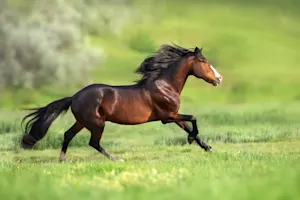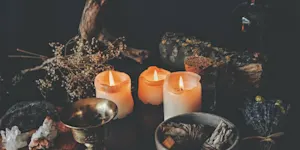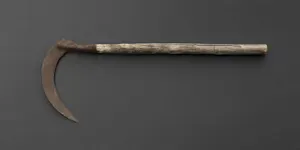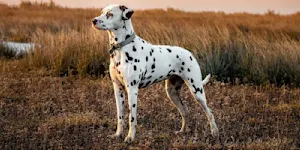What Makes This Word Tick
Ah, "muse." A word that gently rolls off the tongue bringing to mind thoughtful contemplation or the inspiration behind creativity. In mythology, muses were the goddesses of the arts, breathing life into musicians, poets, and thinkers alike. Today, "muse" remains a word steeped in artistic reverie, often associated with someone or something that sparks an idea.
If Muse Were a Person…
Imagine Muse as an ethereal figure with an air of mystery and wisdom, perhaps wrapped in a flowing garment reminiscent of ancient Greece. They’d be the sort of person you’d find in a coffee shop, scribbling down poetry or bringing a canvas to life with a flick of the brush, attentive to the world’s beauty and always encouraging others to explore their creative depths.
How This Word Has Changed Over Time
Originally, the term "muse" has its roots in Greek mythology, referring specifically to the nine goddesses of creative inspiration. Over the centuries, the word has evolved to describe not just these mythical beings but has expanded to anyone or anything inspiring artistic thought. Today, it captures both the mystique of inspiration and the everyday realities that ignite our creativity.
Old Sayings and Proverbs That Use Muse
While not the star of many proverbs, "muse" is part of linguistic expressions encouraging thoughtfulness. An old idea, although not formal, might hint at someone known as a "muse over" wherein one ponders or reflects deeply, often in silence or solitude.
Surprising Facts About Muse
Did you know that the word "museum" comes from the ancient Greek "mouseion," meaning a place dedicated to the Muses? There's also a celebrated British rock band named Muse, whose music aims to inspire and provoke just like the mythical entities.
Out and About With This Word
Step into an art gallery, and you might feel the presence of a muse. Many artists’ studios have an unseen muse, be it a view from the window or a cherished memory. And of course, any concert or play could introduce you to a "muse-ical" experience!
Pop Culture Moments Where Muse Was Used
From films like "The Muse," a comedy starring Sharon Stone as a modern-day muse, to the band's evocative music, pop culture loves to nod to muses. These references remind us of the timelessness of inspiration and its importance in creation.
The Word in Literature
Muse is often woven into the texture of literature where characters find their muse in love or loss, prompting journeys of discovery or creation. Classics and novels where art and introspection play a role are ripe with this word’s spirit.
Moments in History with Muse
Imagine Renaissance painters like Leonardo da Vinci or Michelangelo, who must have had powerful muses to create such enduring works. Even the notion of "musing" helped propel movements like Romanticism, rooted in the exploration of human emotion and natural beauty.
This Word Around the World
In France, the word "muse" (pronounced the same, but with a delightful accent) holds similar meanings, while in Italian, you might hear "musa." Each culture’s interpretation enriches the global tapestry of creativity and inspiration.
Where Does It Come From?
"Muse" emerged from the Latin "Musa" and the Greek "Mousa," referring specifically to the daughters of Zeus and Mnemosyne in Greek mythology believed to preside over the arts and sciences. It’s a word steeped in history and myth!
How People Misuse This Word
People sometimes refer to someone as their "muse" without the person being a genuine source of inspiration. Occasionally, it’s used more as a compliment rather than a true depiction of creative spark.
Words It’s Often Confused With
Music - While related through the arts, music is a specific auditory form of art while "muse" can be an idea or influence.
Museum - Though derived from the same root, a museum is a place for public exhibition, whereas muse tends to be more personal and inspirational.
Additional Synonyms and Antonyms
Synonyms for muse include inspiration, stimulus, and motivation. In contrast, an antonym could be oblivion, suggesting a lack of awareness or creativity.
Want to Try It Out in a Sentence?
"After an afternoon walk in the gardens, she finally found her muse and began to paint with a newfound fervor."
















